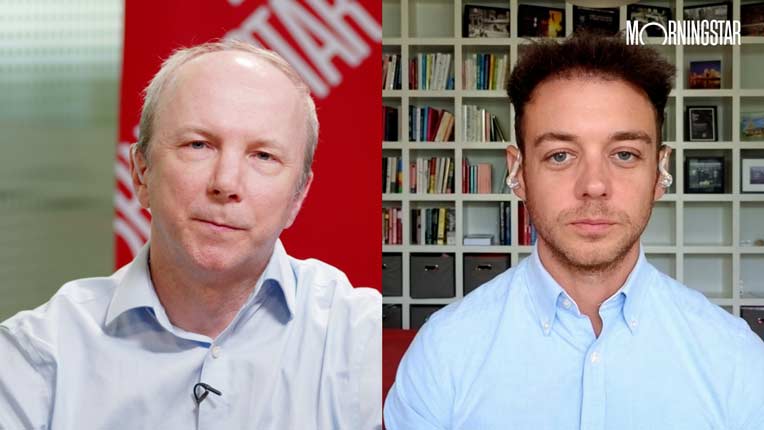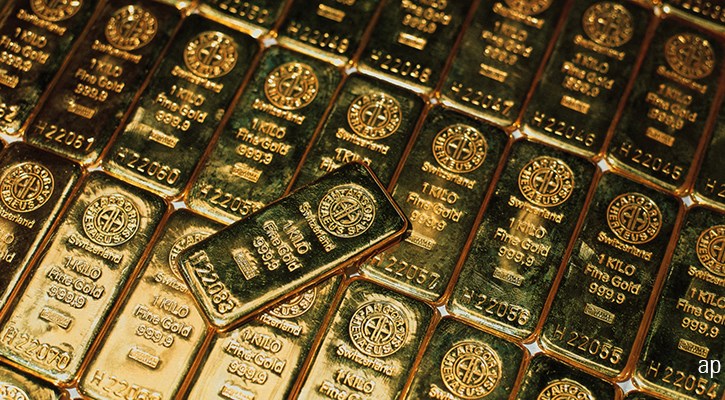Morningstar's "Perspectives" series features investment insights from third-party contributors. Here, Martin Arnold, Director of Global FX & Commodity Strategist at ETF Securities comments on the upcoming Swiss Referendum and its impact on the gold price.
Commodity ETPs have seen their largest inflows in six weeks, with bargain-hunters attracted by depressed valuations. Inflows into physical gold reach six week high.
Several commodities including Brent, platinum, palladium and most industrial metals rose last week rebounding on the back of the better investor sentiment toward commodities. With many commodities trading so close to their marginal cost of production, we believe that prices cannot fall much lower without triggering a supply response. Better-than-expected GDP and industrial production data from China, the world’s largest consumer of commodities, also helped boost cyclical commodity prices.
The precision and timing of a bottom is difficult to predict, but the relative valuations of gold and the precious metals at current levels are quite attractive. With gold prices having fallen close to the marginal cost of production and speculative futures market shorts in the metal having risen close to all-time highs, last week’s bounce could trigger a short-covering rally helping to sustain momentum in the upward trend.
Further out, Swiss voters will decide whether or not to stop the Swiss National bank (SNB) selling gold, force the central bank to hold 20% of foreign reserves as gold and to repatriate all Swiss gold from foreign central bank vaults at the end of next month. While the probability of the referendum passing is low, it is not impossible that it will be pushed through. Clarity around the likelihood of it passing will increase as we get closer to the November 30 voting date. However, given the potentially significant impact the event would have on the gold price, it is not something investors should ignore. If the referendum is successful, the SNB would need to purchase at least another 1500 tonnes at current prices, equivalent to around 35% of total annual global gold supply or around 50% of global mine production.
Such demand would likely spur a significant and sharp gold price rise. Regardless of how far-fetched investors believe the chance of a successful outcome for the referendum, Swiss voters have already shown nationalistic tendencies already this year. In February, voters in Switzerland approved by a narrow 50.3% curbing immigration, ending the freedom of movement accord that had existed with the EU since 2002. Notably, the immigration referendum was also brought about by the same right-wing party, the SVP.
Disclaimer
The views contained herein are those of the author(s) and not necessarily those of Morningstar. If you are interested in Morningstar featuring your content on our website, please email submissions to UKEditorial@morningstar.com.





























